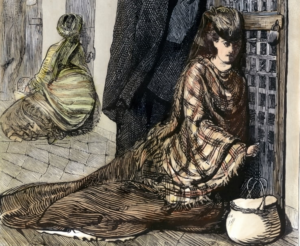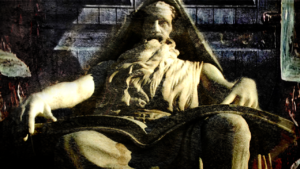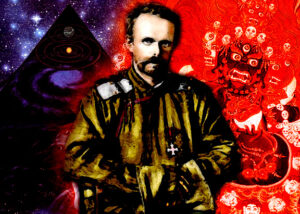Asclepius: hero physician and God.

Most people aren’t aware of the fact that Asclepius was once a man. As a son of Apollo, Asclepius would be renowned for his pursuits in medicine.
He was once called “Hepius”, but later became “Asclepius” after he cured the Ascles, the king of Epidaurus. No other physician during this time was able to help him with his incurable ailment in his eyes. Our beloved hero and God brought back his health, and thus earned his name.
Many myths surround Asclepius. One of the most important being his resurrection of the dead. By this point, Asclepius has surpassed his teacher Chiron, and even his father Apollo in the art of healing. Hades, who’s realm was effected by this, complained to Zeus. The King of the Gods would hear his brother’s plea and strike Asclepius dead with a thunderbolt. It’s worth noting he did this to maintain the human population and that he feared Asclepius teaching this to other men.
Apollo then had the Cyclops (who makes the lightning bolts for Zeus) killed. Zeus was enraged by this and forced Apollo to serve a human king for an entire year.
The story would not end here. Under the mercy and judgement of Zeus, he had Asclepius made into a constellation and allowed him to enter Godhood. Asclepius would go on to marry Epione, the goddess of comfort and the release of suffering. The two sired Hygeia, who is the goddess of preventative health.
After his apotheosis, many temples would be erected. Asclepeions would serve as sanctuaries of healing and the return of health. To this day, many hospitals and other centers of healthcare bear his symbol, which consists of a single snake encircling a rod. Ambulances are appropriately marked with a caduceus, Hermes being the god of travel.
Long after his time, Hippocrates would later take Asclepius’s title as the “Father of medicine” and carry on his mortal legacy. Although Hippocrates did not achieve apotheosis, he still remains one of the most popular names among the medical community and had a lasting impression in the art of his Divine Master.1
Within his tale lies many metaphysical truths. Some are direct, while others serve as examples.
Here are some personal notes of mine.
1. That the art of healing the sick and the relief of suffering is divine in nature.
2. That the dead should be left that way. Necromancy and other diabolical arts are a direct form of hubris towards the Gods, and the natural law they have enacted to regulate us.
3. Even though Asclepius committed this Transgression, he did not do it out of harm nor malice. Even if we were to take the myth seriously, could we call Zeus ignorant for allowing him to transcend despite this occurrence? Absolutely not. This story has much more to do with the divine arts and mercy rather than hardened punishment.
4. Certain aspects of a god are further magnified by their offspring and those who descend from them. Asclepius, being Apollo’s “son”, surpassed his own father in terms of healing ability because that portion of his self was more focused vs the broad array of qualities and law that Apollo presides over. I compare this also to the medical field; while all physicians today are “doctors”, many chose fields in which they specialized in. A practical example would be the use of a magnifying glass that would direct the rays of the sun into a single, more intense beam compared to its normal shine. Apollo truly is the God of healing and we cannot worship Asclepius only, for Apollo is where he sources it from. We cannot worship the magnifying glass and disregard the sun.
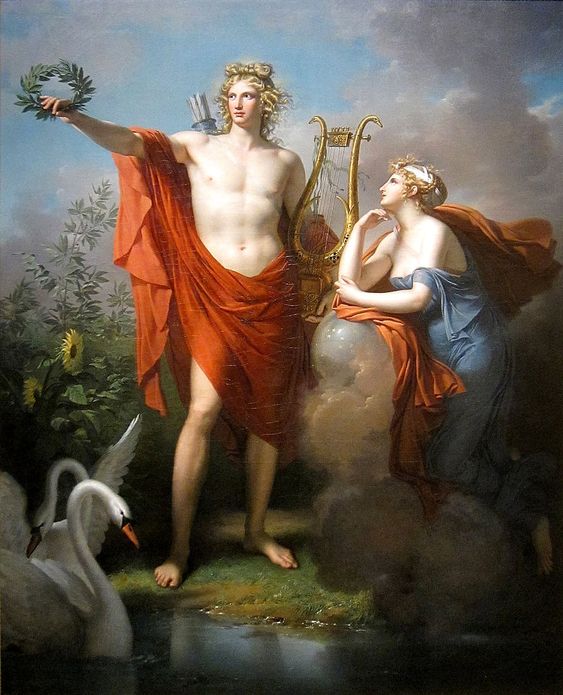
5. The classical lightning bolt is symbolic of an end. Zeus, being the lord of beginnings and the latter, ended his physical anchor so that his spirit was released and could ascend where it was due; godhood.
Ave Asclepius.
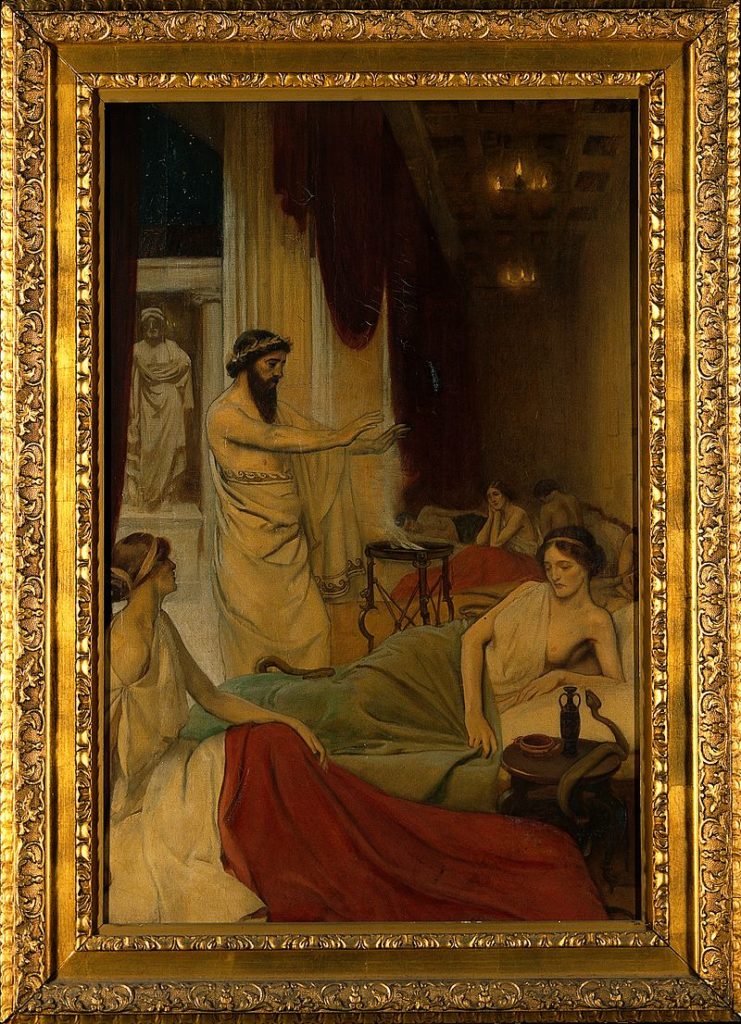
- On a personal note, I have found that Asclepius and his wife are *very* receptive to healing requests. Hygeia, the most favorable, also bears her might towards illness before it even progresses.
>Temple of the Hermetic One on fb
Support our work:
Become a Patron!








